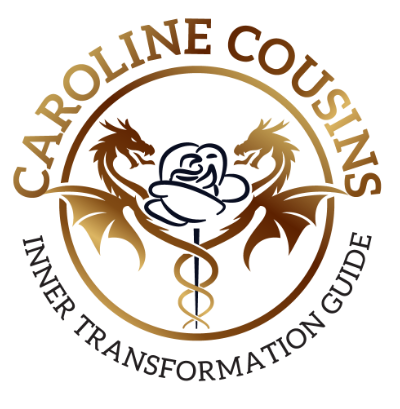As we fall deeper into the autumnal season, it is not unusual for many people to get darker moods, feel sad, or increase other mental health issues, such as loneliness, despair or a general feeling of lack of interest or pleasure out of life.
Many will refer to this as Seasonal Affective Disorder (SAD) which has no known cause but is thought to originate from low exposure to the sun affecting the production of melatonin (the sleep hormone), serotonin (the feel-good hormone) and the body’s internal clock, known as the circadian rhythm. Sometimes this “condition” is also said to run in families and perhaps is passed through the genes, but that doesn’t mean that we have to stay like it. It’s strangely akin to a form of hibernation that animals experience.
According to the Royal College of Psychiatrists, it affects approximately 3 people in every 100 in the UK – a figure which is doubled in the US, and is most common in women of childbearing age. It is typically three times more common in women than in men reducing as we age.
For those that are affected by it, the symptoms are very real and can be very distressing, bringing a real sense of sadness and, in some, depression. It’s always wise to visit the GP if you are suffering consistently with any of the symptoms to rule out anything else that may be underlying and it may be that the GP will prescribe medication to help overcome this. However, there are some natural and self-supportive steps you can take to assist you through this time, if you are one of those people who get down or lack energy at this time of year:
- Remember this is temporary and look for 50 things to feel grateful about every day, no matter how small they are.
- Consider taking Vitamin D3 supplements as it is thought, amongst the naturopathic community, that many of us in the UK may be low or deficient in Vitamin D3 due to low sun exposure.
- Get out as much as you can. Even at this time of the year, the sun is powerful and it’s very easy to stay indoors thus reducing the sun exposure.
- Check your diet to ensure you are getting plenty of fresh fruit and vegetables – ideally some raw if you are able, to make sure you get the maximum dose of vitamins and minerals in a balanced diet. At this time of year, we typically resort to more comfort foods, high in simple carbohydrates with little nutritional value.
- Try substituting your normal beverages for herbal teas known to bring calmness and lift your mood, like valerian, lemongrass, ginger, turmeric and other well known herbal concoctions.
- Increase your social contact where possible. A problem shared is a problem halved and just being with someone who can listen or having that social interaction can really lift us out of the doldrums.
- Buy a natural light lamp that mimics the sun. Following the prescribed exposure can help to alleviate some of the SAD symptoms for some people.
- Find something you enjoy exercising in and keep it regular, thus generating mood-enhancing endorphins. It’s too easy to sit indoors when it is cold and watch TV and fall into unhealthy habits in the winter. Keep moving to keep the circulation going.
- Watch more comedy and find things to do that bring you joy that you can lose yourself in.
- Some find taking St John’s Wort to be very helpful as a natural anti-depressant but always check with your GP as this can interfere with other medicines you may be taking or you may not be able to take it.
Remember, it starts to get lighter again after the winter solstice, so this time is only for a few weeks in reality and it will soon start to get lighter again.
Written by Caroline Cousins, published by the AD&T Press in the New Forest, 13th November 2020





